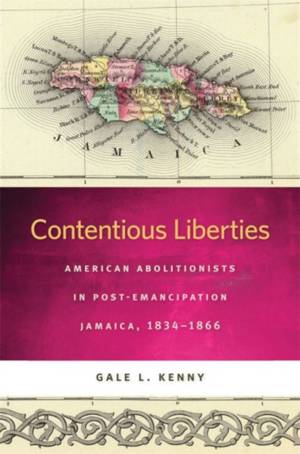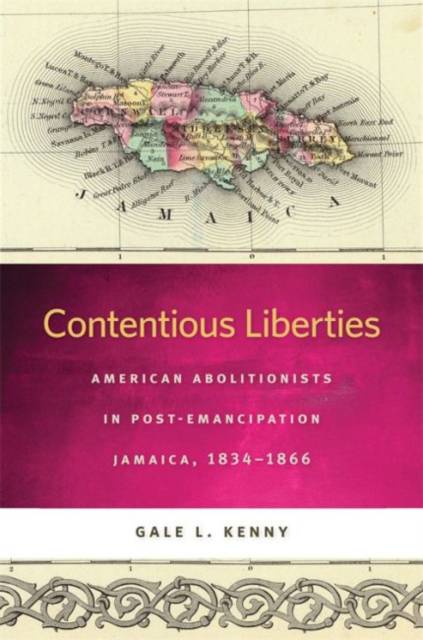
- Afhalen na 1 uur in een winkel met voorraad
- Gratis thuislevering in België vanaf € 30
- Ruim aanbod met 7 miljoen producten
- Afhalen na 1 uur in een winkel met voorraad
- Gratis thuislevering in België vanaf € 30
- Ruim aanbod met 7 miljoen producten
Omschrijving
The Oberlin College mission to Jamaica, begun in the 1830s, was an ambitious, and ultimately troubled, effort to use the example of emancipation in the British West Indies to advance the domestic agenda of American abolitionists. White Americans hoped to argue that American slaves, once freed, could be absorbed productively into the society that had previously enslaved them, but their "civilizing mission" did not go as anticipated. Gale L. Kenny's illuminating study examines the differing ideas of freedom held by white evangelical abolitionists and freed people in Jamaica and explores the consequences of their encounter for both American and Jamaican history.
Kenny finds that white Americans--who went to Jamaica intending to assist with the transition from slavery to Christian practice and solid citizenship--were frustrated by liberated blacks' unwillingness to conform to Victorian norms of gender, family, and religion. In tracing the history of the thirty-year mission, Kenny makes creative use of available sources to unpack assumptions on both sides of this American-Jamaican interaction, showing how liberated slaves in many cases were able not just to resist the imposition of white mores but to redefine the terms of the encounter.Specificaties
Betrokkenen
- Auteur(s):
- Uitgeverij:
Inhoud
- Aantal bladzijden:
- 212
- Taal:
- Engels
- Reeks:
- Reeksnummer:
- nr. 6
Eigenschappen
- Productcode (EAN):
- 9780820333991
- Verschijningsdatum:
- 15/06/2010
- Uitvoering:
- Hardcover
- Formaat:
- Genaaid
- Afmetingen:
- 152 mm x 229 mm
- Gewicht:
- 553 g

Alleen bij Standaard Boekhandel
Beoordelingen
We publiceren alleen reviews die voldoen aan de voorwaarden voor reviews. Bekijk onze voorwaarden voor reviews.











